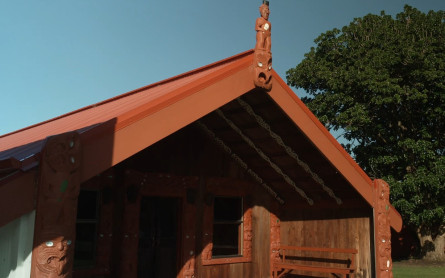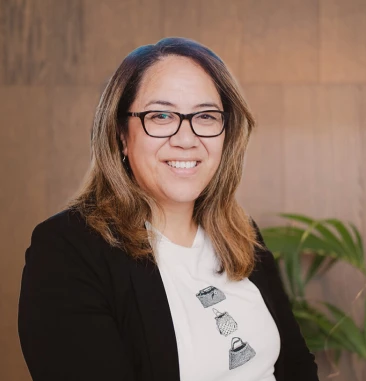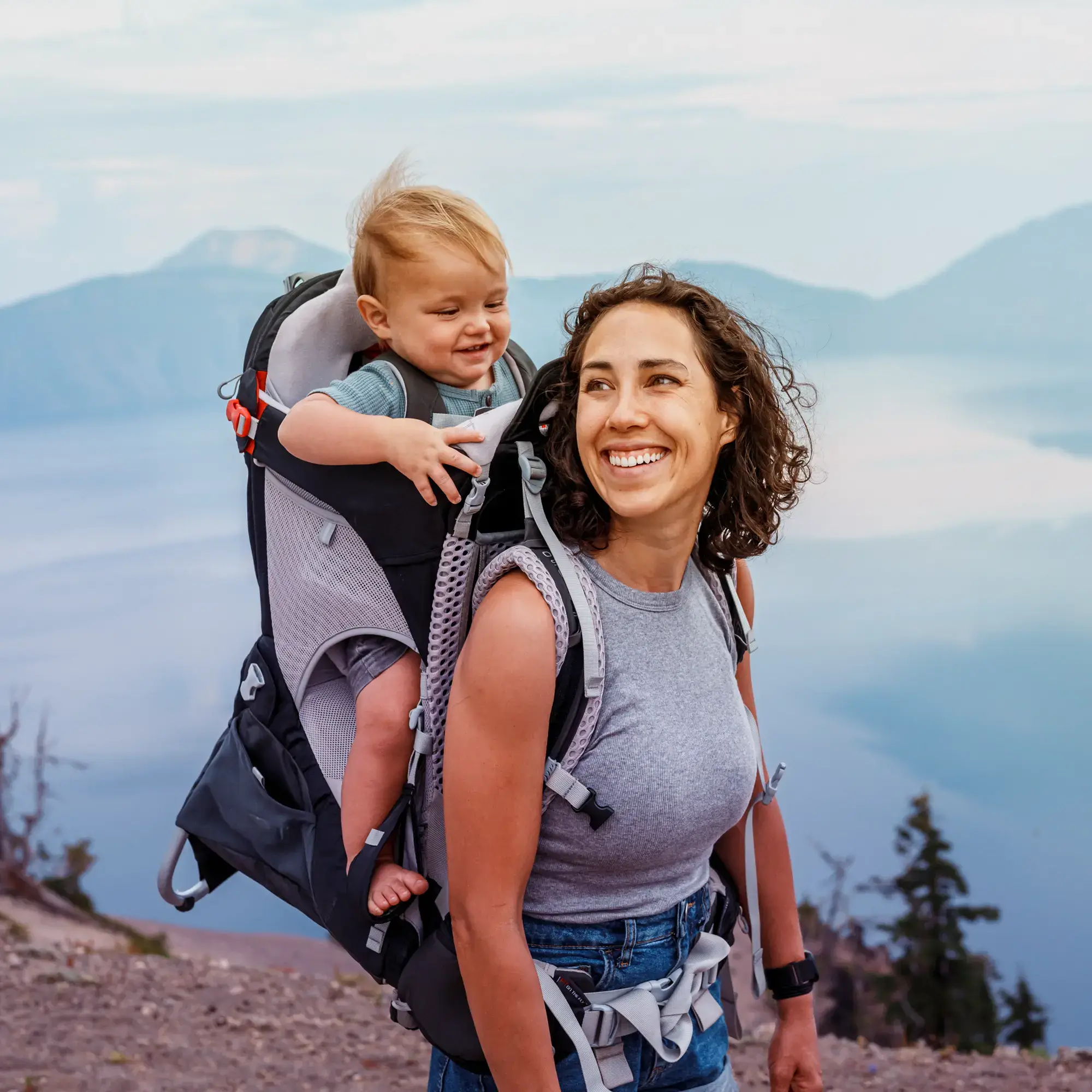
Planning & budgeting
Saving & investing
KiwiSaver
Tackling debt
Protecting wealth
Retirement
Home buying
Life events
Setting goals
Money tracking
Plan your spending with a budget
Getting advice
Studying
Get better with money
What pūtea beliefs do you have?
How to build up your emergency savings to cover unexpected costs
How to save your money
How to start investing
Find a financial adviser to help you invest
Your investment profile
Compound interest
Net worth
Types of investments
Term deposits
Bonds
Investment funds
Shares
Property investment
How KiwiSaver works and why it's worth joining
How to pick the right KiwiSaver fund
Make the most of KiwiSaver and grow your balance
How KiwiSaver can help you get into your first home
Applying for a KiwiSaver hardship withdrawal
How to use buy now pay later
What you really need to know before you use credit
How to get out of debt quickly
Credit reports
Know your rights
Pros and cons of debt consolidation
Credit cards
Car loans
Personal loans
Hire purchase
Student loans
Getting a fine
What happens if I start to struggle with moni?
How to protect yourself from fraud and being scammed
About insurance
Insurance types
Insuring ourselves
Wills
Enduring powers of attorney
Family trusts
Insuring our homes
Losing a partner
Redundancy
Serious diagnosis
How to cope with the aftermath of fraud
Separation
About NZ Super
This year's NZ Super rates
When you’re thinking of living in a retirement village
How to plan, save and invest for retirement
Manage your money in retirement
Find housing options in retirement
Four approaches to spending in retirement
Planning & budgeting
Saving & investing
How to build up your emergency savings to cover unexpected costs
How to save your money
How to start investing
Find a financial adviser to help you invest
Your investment profile
Compound interest
Net worth
Types of investments
Term deposits
Bonds
Investment funds
Shares
Property investment
View all
KiwiSaver
Tackling debt
How to use buy now pay later
What you really need to know before you use credit
How to get out of debt quickly
Credit reports
Know your rights
Pros and cons of debt consolidation
Credit cards
Car loans
Personal loans
Hire purchase
Student loans
Getting a fine
What happens if I start to struggle with moni?
View all
Protecting wealth
Retirement
Home buying
14 July 2025
Reading time: 4 minutes
By Erin Thompson,
0 comments

(Pictured above: Erin’s ancestral house, whare tīpuna, Te Poho o Tāmanuhiri.)
In my childhood, I don’t recall our whānau having a conversation about money. My parents worked hard, took care of our needs and as long as we were home before the streetlights came on, life was good. I do remember being excited on Thursdays, when we’d get 50 cents to buy a pie and a cream bun from the school tuck shop, or 20 cents to deposit into our school bank account. How my parents made sure we had what we needed each week, I don’t know.
From time to time, they’d bundle us up and hit the road to Te Muriwai, Gisborne for important whānau kaupapa. In 1988, we returned to Te Muriwai to a tangihanga and into the eye of Cyclone Bola. As a young teenager, I didn’t care too much about what that meant. I was excited about being with my cousins again. For our parents, though, it was a frightening time. Cyclone Bola flooded most of the east coast, leaving us stranded in Te Muriwai for almost two weeks.
When I think about it now, I wonder: how did my parents prepare themselves for an event like that? Did they have an emergency savings plan to keep us going while we were stranded? Did anyone? What is an emergency savings plan? How did our tīpuna/ancestors prepare themselves many generations ago?
There are stories of tīpuna who brought to Aotearoa the kūmara as a source of kai/nutrition many generations ago. They were tasked with the role of selecting and preparing the plants, understanding how to make them grow and thrive, and how to store them away for a time when they’d be needed. They’d make sure they had enough to sustain the tribe, and sustain this practice by passing on the process from generation to generation, so each would be prepared for times they needed kūmara the most.
Our tīpuna provided a plan to help us understand the importance of protecting resources for when they were most needed. Today, we can apply this thinking to money, and we can also apply it to how we continue to care for the environment that nurtures and provides for us.
Having an emergency or ‘rainy day’ plan means we’re prepared for events beyond our control. Deciding how much we need to sustain our wellbeing and putting a plan in place to set those resources aside for the ‘Cyclone Bola’ days is important. Some whānau pool together their pūtea to create a financial fund for emergencies like attending tangihanga or helping family members in need. Other whānau maintain customary practices in their communities so they can care for, protect and maintain their access to kai.
In 1988, in a small village called Te Muriwai, my whānau enacted their ‘emergency savings’ by reaching into their food stores at a time when they desperately needed it – not only for themselves, but for the village. As a child raised by the village, I know that the knowledge handed down from generation to generation to ensure our whānau wellbeing in that time is deeply rooted and will never be lost.
‘He kākano i ruia mai i Rangiātea.’*
*This translates as ‘A seed from Rangiātea’, which refers to the transfer of knowledge that reaches back many generations to the time when my ancestors resided in Rangiātea. This means our knowledge systems and practices span several generations and remain timeless and relevant.
 Erin Thompson
Erin Thompson
Erin Thompson (Ngāti Rangiwewehi, Ngāi Tāmanuhiri, Ngaati Tiipa) is kaihautū/director of Māori and learning at Te Ara Ahunga Ora Retirement Commission (which drives Sorted). She’s passionate about empowering rangatahi and whānau, and believes that through sharing our stories and experiences, we can build our understanding of money and determine our pathways to whānau wellbeing.
Use verification code from your authenticator app. How to use authenticator apps.
Code is invalid. Please try again
Don't have an account? Sign up
Or log in with our social media platforms


A free account gives you your very own space where you can save your tools and track your progress as you get ahead.
Or sign up using Google:



Comments (0)
Comments
No one has commented on this page yet.
RSS feed for comments on this page | RSS feed for all comments